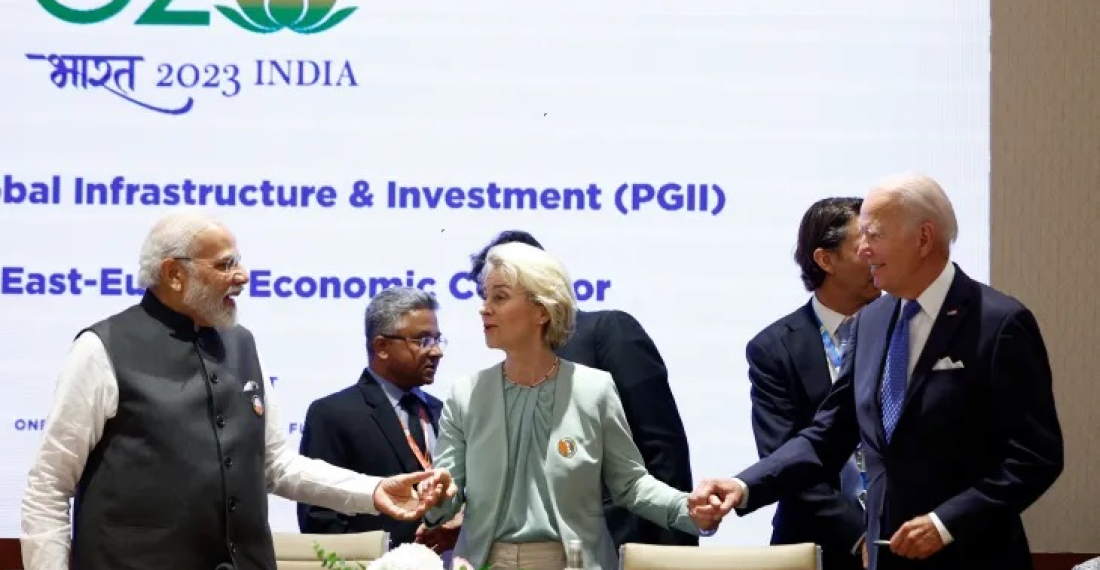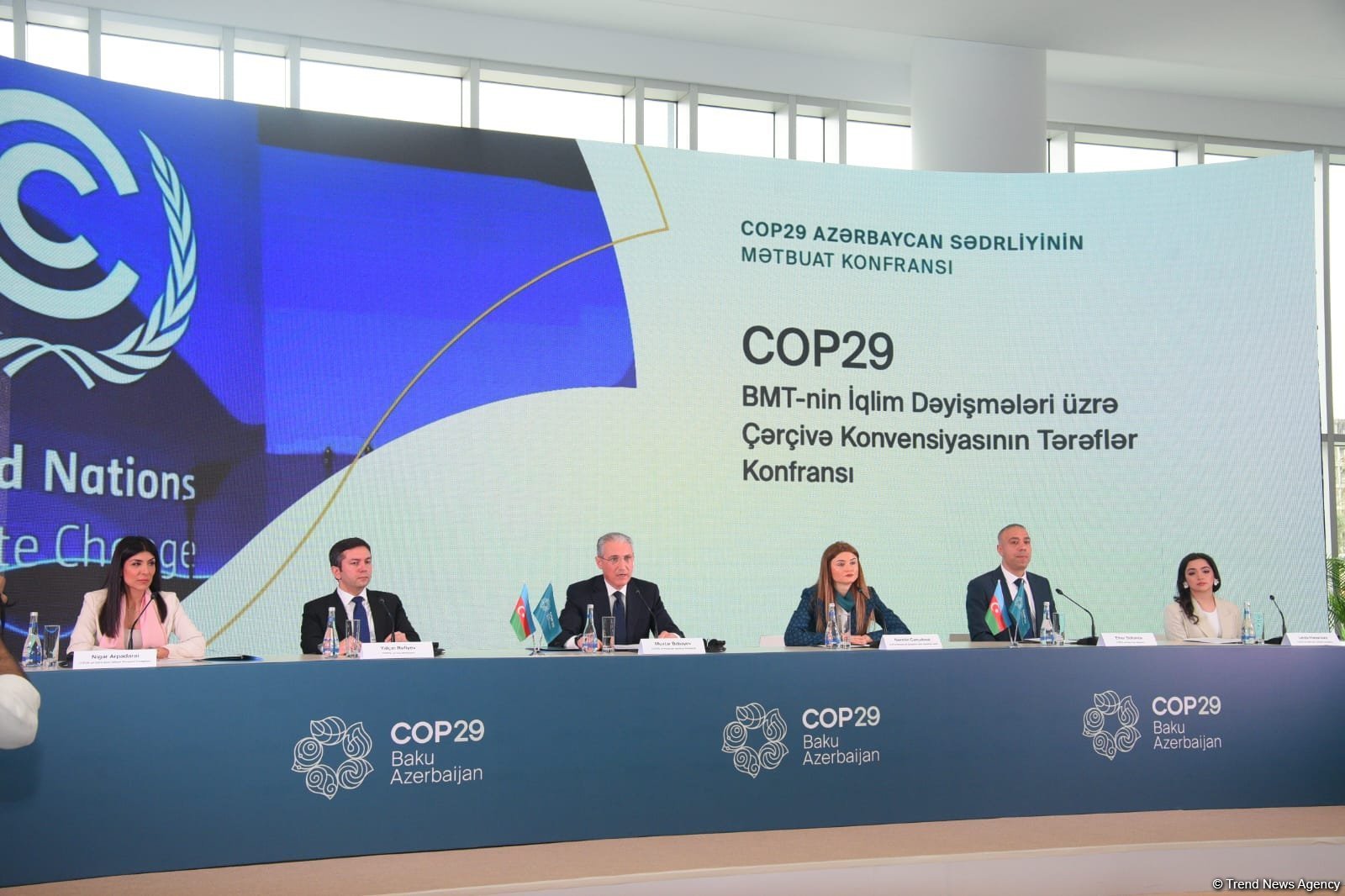IMEEC: a grand ambition hanging on the easing of tensions in the Middle East
| The IMEEC (India-Middle East-Europe Economic Corridor) project, unveiled at the G20 summit in September 2023, aims to create a strategic multimodal corridor of 4,800 km linking India, the Middle East and Europe, integrating railways, maritime routes, pipelines and high-speed cables.
It has however been hampered by heightened geopolitical tensions in the Middle East following the October 7th terrorist attack and the consequent war in Gaza –the end of which is a sine qua non for the viability of the project. |
A geo-economic project to counterbalance China’s New Silk Road
- Announced on September 10th, 2023, at the G20 summit in New Delhi, the India-Middle East-Europe Economic Corridor (IMEEC) project is a strategic logistics corridor initiative designed to boost trade between India, the Middle East and Europe.
- This corridor, which involves nine of the world’s major economic powers accounting for almost half of global GDP, aims to consolidate trade flows on the North-South and South-South axes. It includes a route combining maritime transport from the Indian coast to the United Arab Emirates, followed by a rail link through Saudi Arabia, Jordan and Israel, before reaching Europe by sea, in particular Italy, France and Germany.
- From a geostrategic perspective, the IMEEC appears to be a Western response to China’s Belt and Road Initiative (BRI), which is Xi Jinping’s brainchild. Beyond commercial competition, this project could aim to counterbalance the rise of an anti-Western bloc forming around the BRICS (Brazil, Russia, India, China and South Africa), by consolidating economic alliances between the West and key partners in the Middle East and India.
An opportunity for Europe to strengthen its economic relations with the Indian giant
- For Europe, this is an opportunity to extend existing trade routes as well as to revitalise the flow of goods by creating railways and shipping lines linking a greater number of commercial partners.
- This project paves the way for an acceleration in the trade liberalisation process with India, capitalising on its strong economic growth, which should intensify considerably trade with the European Union. While being India’s largest trading partner, with bilateral trade amounting to $136 billion in 2022-2023, the European Union is also its second largest export market, with exports worth $61 billion.
- On a global scale, this project is not limited to the creation of a trade route but rather contributes to the establishment of an unprecedented energy network. It will facilitate trade in electricity from renewable sources, while supporting its participants in their energy transition. A dedicated hydrogen corridor will link the strategic ports of Dubai, Jeddah and Haifa, reinforcing the integration of renewable energies into international trade.
A tense geopolitical context that threatens the viability of the project
- In Europe, tensions in Ukraine are prompting the Western bloc to strengthen its ties with the countries of the global South, focusing on India to reduce its dependence on China. The Gulf States, for their part, are actively participating in the project with the ambition of positioning themselves as a strategic economic bridge between Europe and Asia.
- However, the project, which is still in the launch phase, has been severely hampered by the war in Gaza, temporarily compromising the key role that Haifa should play as a maritime hub. This situation has also put hopes of a diplomatic normalisation between Tel Aviv and Riyadh on hold.
- Furthermore, although economic relations between Israel and the United Arab Emirates have not been affected for the time being, any project linking Jordan to Israel is likely to encounter strong opposition from local public opinion.
| While the ambitions of its promoters remain strong, the project’s implementation— which includes Jordan and Israel— remains contingent on the easing of tensions in the Middle East. Against the backdrop of increasingly intense geostrategic competition, and in light of recent developments in the region, this prospect appears to be more distant than ever. |
Marc Reverdin, Managing Director, mr@reverdin.eu
If you would like to discuss the political situation further and understand what impact it will have on the business climate and macroeconomic framework, as well as on regional and international policy, please do not hesitate to contact us.
We help our clients navigate political and financial dynamics from local to global.





